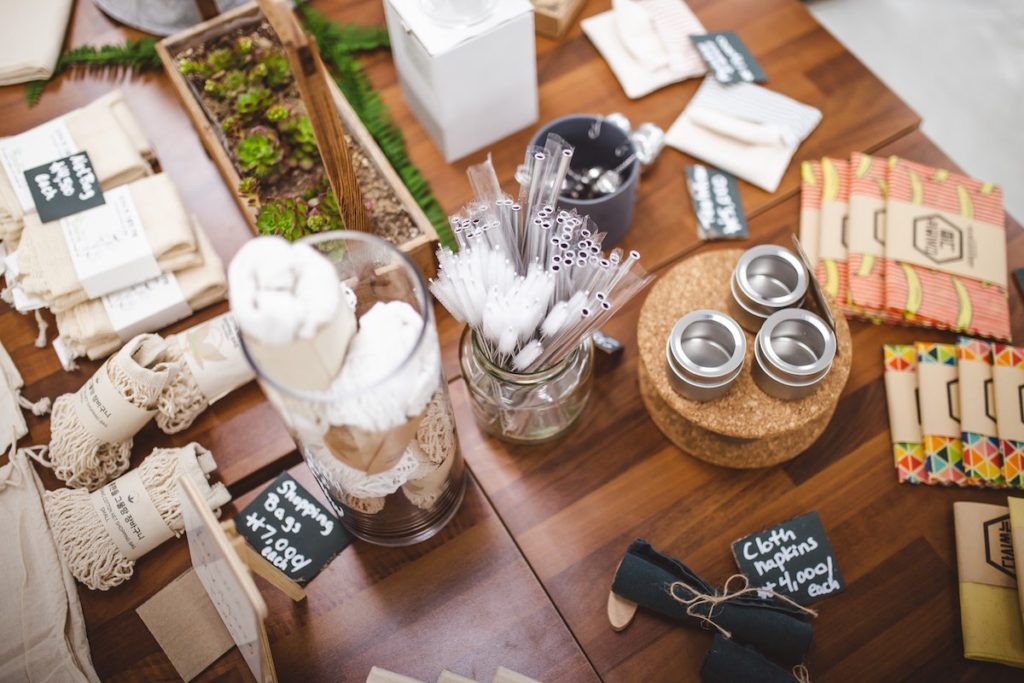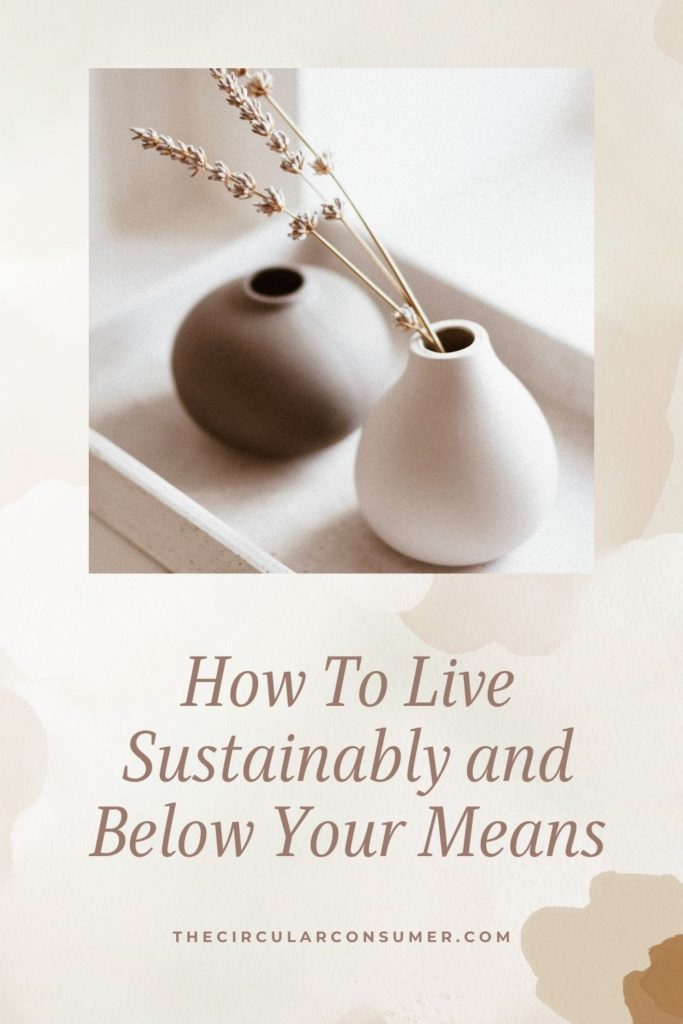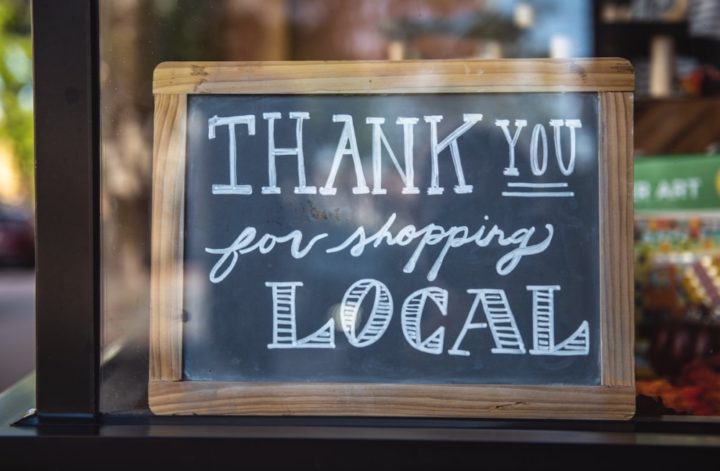Sound financial advice usually includes a lesson on the importance of not spending more money than you make or to “live below your means.” Sounds easy, right?
The problem is that many live beyond their means. The convenience of credit cards, low-interest mortgages and loans, and online shopping makes it easy to spend money mindlessly. This results in people not knowing where their money goes.
Living within your means doesn’t require you to give up the things you want, but rather, it’s understanding the balance between your income and expenses so that you can align your spending with your lifestyle values.
There are many benefits of understanding your financial situation. It may even inspire you to live below your means by saving more money than you’re spending. Over time, you can pay down debt, save, invest and build wealth.
REASONS TO LIVE BELOW YOUR MEANS
LIVE DEBT-FREE
Being disciplined in tracking your monthly income and spending habits will help you start living within and eventually below your means.
I used to believe that if I could pay my rent, loan payments and credit card every month, I could afford the lifestyle I was living. I was wrong. Making the monthly payments meant that I could maintain my lifestyle provided there weren’t any disruptions.
When you live below your means, there’s extra money left over after all your monthly payments are made. You can use this extra money to make additional payments on your debt to pay less interest or create a cash cushion or emergency fund.

REDUCE FINANCIAL STRESS
Have you ever felt stressed when an additional cost comes up? Like when your car breaks down, or your phone stops working? Living below your means ensures you can pay your bills and be prepared for emergency costs.
Practicing good money management allows you to spend with purpose. It reduces mindless and emotional shopping and allows you to pay for things in full, upfront.
Paying for purchases, like your phone or car insurance, in one payment eliminates the stress or worry of budgeting for the payment each month. It also reduces “buyer’s remorse” because your purchases are intentional and positively serve your lifestyle.
Living debt-free and below your means increases your financial security. Gone are the days you “can’t afford to be sick or take that vacation.” More importantly, the stress of not having job security or working at a job you’re not crazy about is eliminated.
SUPPORT SUSTAINABLE BUSINESSES
When bad spending habits are a thing of the past, your income becomes accessible to spend how you choose.
Spending becomes a means of investing. Investing in products that will last longer than one season, buying organic, locally produced foods to better your health and supporting conscious businesses will become the norm.
You gain the freedom to look past the price tag and align your purchases with your values. Such as buying higher-priced responsibly produced products from sustainable businesses.
When you support sustainable businesses, you’re supporting:
- Responsibly sourced materials that don’t deplete natural resources
- Ethical production that has low environmental and ethical labour
- Net positive product lifecycle with low environmental impacts and social and economical benefits
- Products designed for reuse, repair and repurpose
DONATE TO ORGANIZATIONS
Living below your means frees up money to donate to organizations or a cause you’re passionate about, like ecological conservation projects.
Supporting your local development projects is a great way to give back to your community. This can be through monetary donations, volunteering to be on your local council or buying products from local producers. Anything that keeps energy and money circulating within your community.

TIPS ON HOW TO LIVE BELOW YOUR MEANS
CHANGE YOUR MINDSET
The first step in reducing your spending is to define your “enough.” Your “enough” includes the materialist items required to achieve the lifestyle you desire. For example, if you’re an avid hiker, opt for quality hiking gear instead of dining out 5 nights a week.
Before you buy any non-essential items, ask yourself if it’s a want or a need. Identifying the purpose of your spending will help to reduce impulse or emotional buying. To curb your urge to shop for non-essentials with an experience, like going for a walk, hike or volunteering!
KNOW YOUR CASH FLOW AND REDUCE EXPENSES
To live within your means and save money, you need to know exactly how much money you make versus how much money you spend.
Tracking your income and expenses for a set amount of time will show you exactly where your money is spent. Understanding your cash flow reduces unnecessary spending and allows you to buy items that bring purpose and meaning into your life.
Change your mindset from “I can’t afford” to “how can I afford” a vacation or sustainable item. Knowing your cash flow will help reduce spending in other areas so you can buy the things you actually want or need.
CAN IT BE BORROWED, RENTED OR PURCHASED SECONDHAND?
Taking advantage of the sharing economy is a great way to reduce your spending because you can avoid the total cost of ownership (purchase costs, maintenance costs, insurance, etc.).
The next time you have a home renovation project requiring a specific tool, check your local hardware store or tool library to see if you can rent it. Similarly, check your local library for the book you want to read.
Buying secondhand is also a great way to save money and help keep usable products out of the landfill! Craigslist, Facebook Buy Nothing Groups and Marketplace, and thrift stores are great places to find used items.
FINAL THOUGHTS
If you’re tired of living paycheck to paycheck and need help getting started paying down your debt, check out my ebook Rid Your Life Of Debt & Waste where I spill the tea on my debt-free journey, including my personal budget template that was fundamental in paying off $76K within 10 months. Fast track your journey with my practical tips including adopting a positive money mindset, budgeting and knowing the cost of carrying debt.
By incorporating sustainable habits into your current lifestyle, you can start to reduce debt, build wealth and support the organizations you’re passionate about. What budget-friendly habits are you incorporating into your lifestyle?





